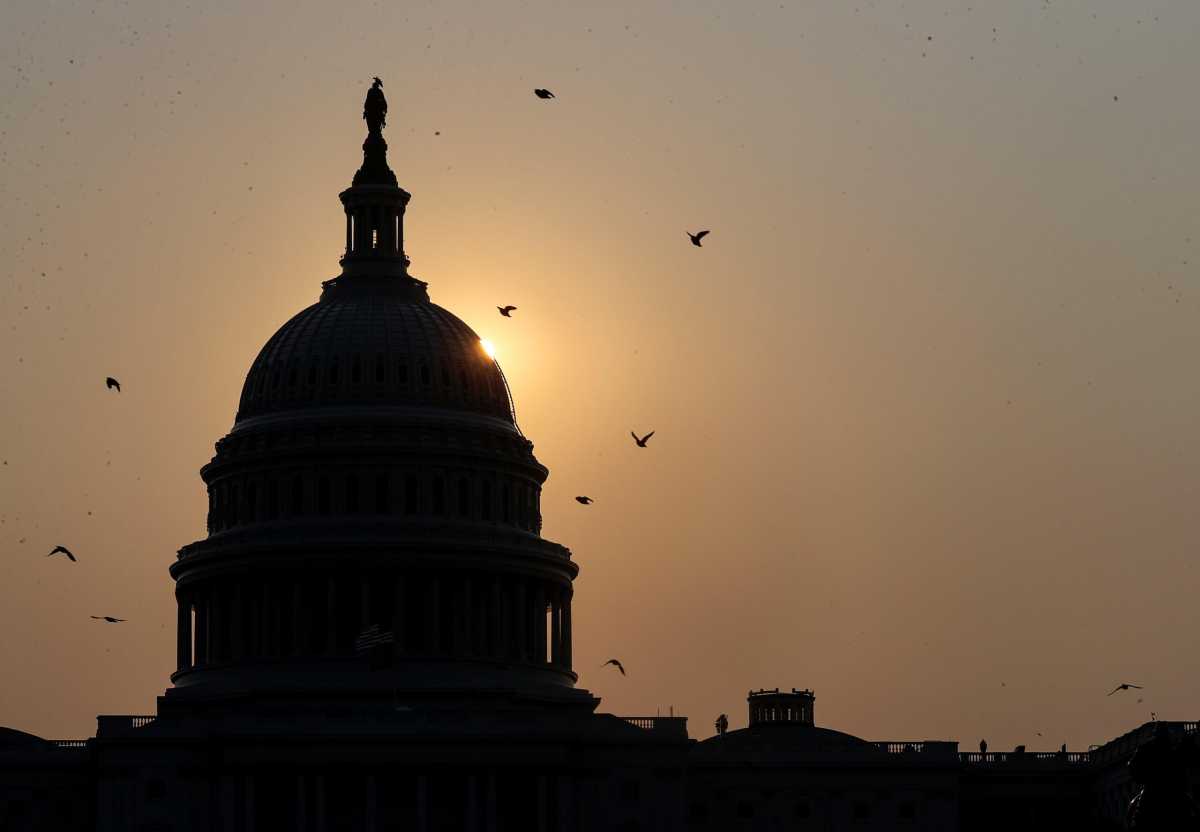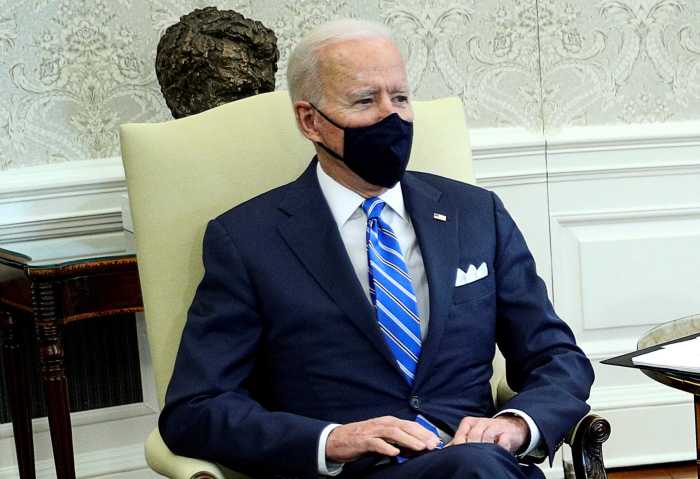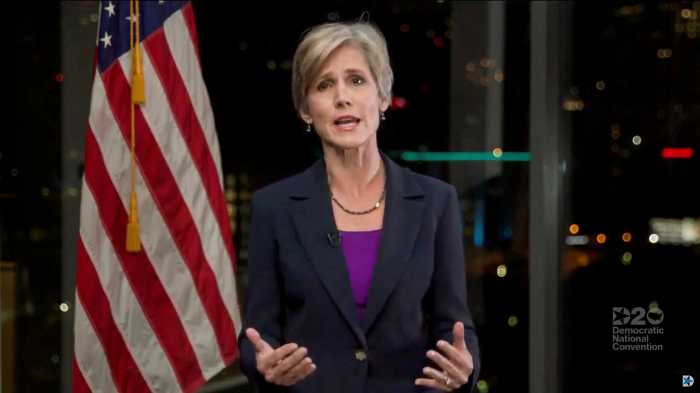The U.S. House of Representatives on Tuesday was scheduled to debate and vote on legislation to fund the federal government through Dec. 3 and raise the nation’s borrowing limit, according to the House Appropriations Committee.
House Speaker Nancy Pelosi and Senate Majority Leader Chuck Schumer set the stage for a showdown with Republicans on Monday when they said they would combine spending and debt measures in one bill, despite Senate Republican Leader Mitch McConnell’s vow to block an increase in the $28.4 trillion debt ceiling.
Democrats have the votes to pass the measure in the House, but cannot get it through the Senate without Republican support.
“Playing games with the debt ceiling is playing with fire and putting it on the back of the American people,” Schumer, a Democrat, said in a speech.
Congress faces a Sept. 30 deadline to approve stop-gap funding that would avert partial government shutdowns with the start of the new fiscal year on Oct. 1.
Sometime in October, the Treasury Department will exhaust its borrowing authority unless the debt limit is raised.
The bill would suspend the limit on government borrowing through December 2022.
The current debt ceiling already has been breached, with debt at $28.78 trillion. It is being financed temporarily through Treasury Department “extraordinary measures” that are projected to be exhausted in October.
As Congress hurtles toward a possible partial government shutdown on Oct. 1 if a deal is not reached, Democrats and Republicans both warned of dire consequences, including eventual disruptions in benefit checks to veterans and Social Security retirement recipients.
Republicans said they would support a temporary spending bill to avert a shutdown if the debt limit extension was stripped out of the bill.
Schumer said a historic breach in borrowing authority could ripple through the U.S. economy, raising consumer interest rates and forcing state governments to raise taxes to cover their higher interest payments.
“Republicans simply don’t have to vote to force a default,” Schumer said.
Republicans argued that while they do not want a debt default, they do not support increasing the borrowing limit at a time when Democrats aim to pass up to $3.5 trillion in new domestic spending – programs Democrats say will be paid for with tax increases on the wealthy and corporations.
“The bill that Speaker Pelosi is bringing through this week will not become law. They’re going to have to go back to the drawing board,” No. 2 House Republican Steve Scalise told a news conference.
Schumer noted that some of the debt is related to spending that Republicans supported during Donald Trump’s presidency, including last December’s emergency COVID-19 relief bill.
If the House narrowly passes the legislation and it is then defeated in the Senate, lawmakers would have to come up with a compromise plan or face the twin problems of a government in partial shutdown that is unable to pay its bills and the risk of a default for the first time in modern history.































